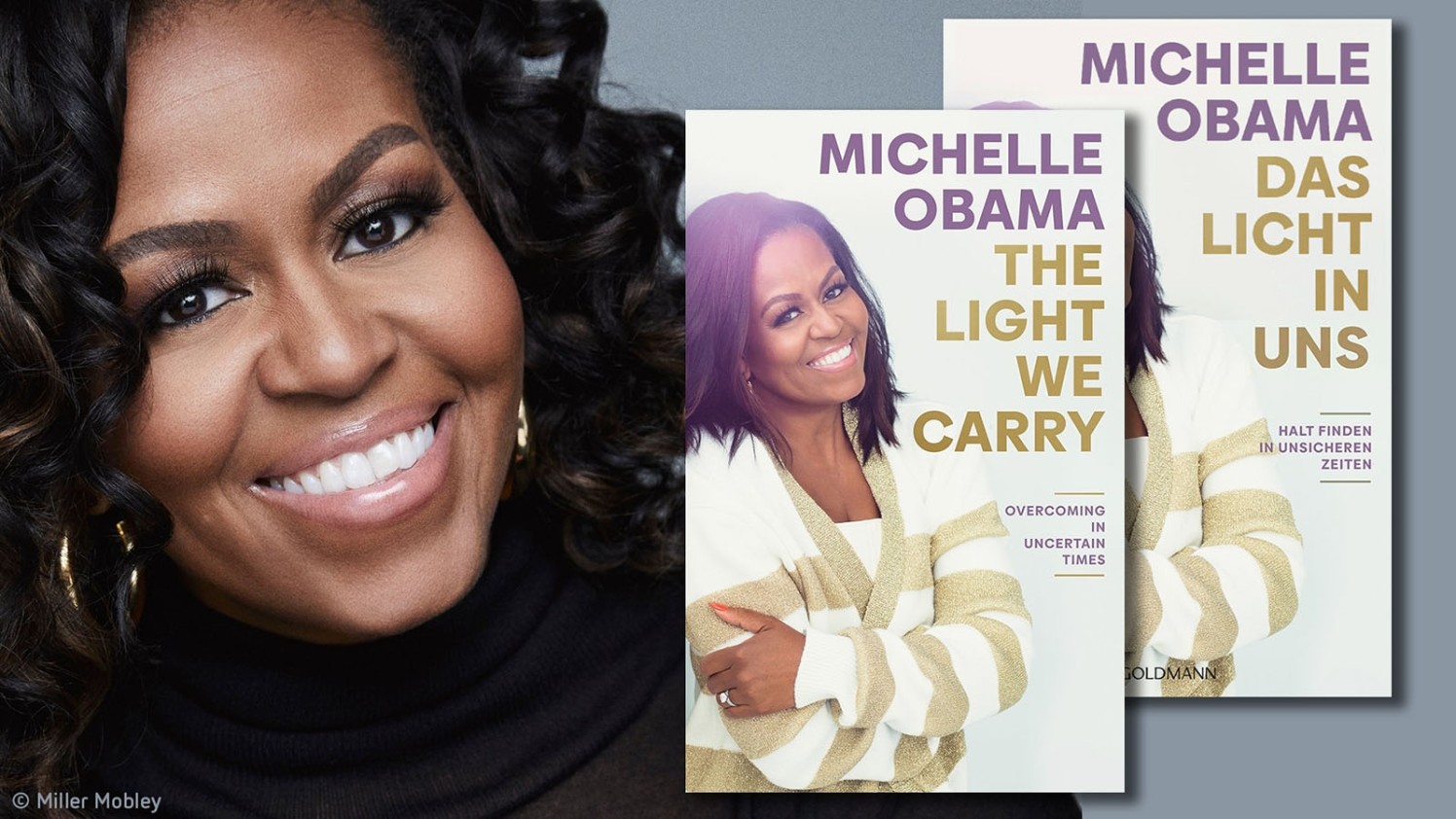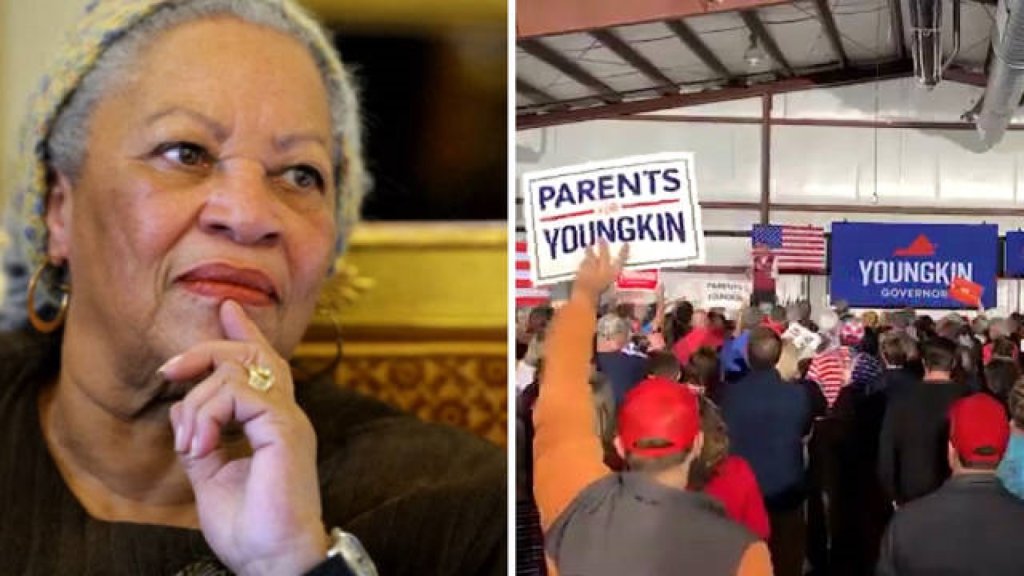Book Review: Acolytes
(Akiit.com) Nikki Giovanni is a name recognizable to poetry readers and anyone else who was intellectually living and breathing during the Black Arts Movement. She is the author of at least 30 books for adults and children and the recipient of almost an equal number of honorary degrees. She has been named woman of the year by various journals, received keys to dozens of cities, and is currently a University Distinguished Professor at Virginia Tech. Her most recent literary honors were for her illustrated children’s history book, Rosa, published in 2005.
Giovanni has now published a collection of new poems and essays titled Acolytes, dedicated to the memory of three women: her mother; Rosa Parks; and Edna Lewis, the “Grande Dame of Southern Cooking.” In fact, the entire book is a tribute to more than 30 African Americans, their names gleaned from a wide span of history, from Gabriel Prosser’s activism in the slave uprisings in the late 1700s to Leo Sacks’ musical response to Hurricane Katrina. Artists, illustrators, educators, writers, artists, activists, poets, academics, sports figures, book editors, historical victims of racially motivated oppression, and institutional representations of African American quests for freedom are all referenced, cited and positioned as “acolytes,” the bearers of inspiration.
The essays in the first third of the book (Giovanni divides the text into three “stanzas“) are predominantly reflections on events in African American history: the death of Emmett Till, the Middle Passage, the Underground Railroad, the creative response of the Harlem Renaissance, and the contemporary music/oral poetry performance theater movement. These events, Giovanni posits, are the foundations from which poets sustain their power: “Come here, Rap, let me tell you something. You ain’t no orphan. You got folks. You come up from the south with that sweat and that moan.”
The rest of Giovanni’s prose is personal. Her own creative response is likewise grounded in her past: her family (mother and grandmother) and her relationships (“Gwen” Brooks and Nina Simone). In one prose piece, Giovanni recalls the sacrifices of her mother and grandmother and advises readers to “take the love and give the love and try to remember who dreamed dreams of us. And try to be faithful to that.”
The book moves gradually to its conclusion, a collection of poems and some essays that serve as guidance pieces for future younger poets. Giovanni makes clear her call for a poetic response in the 21st century: “When love calls it must be poetry that answers bringing the sweet perfume of gentleness as our hearts pound and pound; when courage calls it will always be poetry that answers as we rise above ourselves to bring about a better thing.” “We need poetry . . . We deserve poetry / We owe it to ourselves to re-create ourselves / and find a different if not better way to live.” “Poetry . . . is the antidote . . . to arrogance.” “Poems have serious business to do / They need to bring down presidents who / Start wars they themselves wouldn’t go to.” When Giovanni recalls the leaders of the past, she reminds us of a heritage that strengthens resolve to battle the present. And when she imparts her poetic counsel, she exhorts poets to take up the mantle of responsibility.
This collection falters, however, because Giovanni’s poetic voice, that sharp, jolting, prickly, prophetic response that was so poignant, so empowering in the 1960s, is missing. It is as though Giovanni has also configured herself as an icon of the past, a building block for a future voice. She writes in tribute to June Jordan: “We will miss June Jordan. For her courage, her insight, her love of us all. We will miss this poet.” There is no doubt that, like her predecessors, Nikki Giovanni is a solid foundation; and, as she misses those predecessors, so I am already missing Nikki Giovanni.
Reviewed by Judith Musser









Leave a Reply